Welcome to the Serengeti National Park, a breathtaking natural wonder nestled in the heart of Africa. If you’re planning a once-in-a-lifetime safari adventure, this Serengeti National Park travel advice guide is your key to a remarkable and unforgettable experience. Here, we’ll provide you with invaluable insights and tips to ensure that your journey to this iconic destination is both safe and memorable.

Understanding the Serengeti National Park
The Serengeti National Park, located in Tanzania, is renowned for its unparalleled wildlife, stunning landscapes, and annual wildebeest migration. Covering an impressive 14,750 square kilometers, this UNESCO World Heritage site boasts an exceptional diversity of fauna and flora, making it a must-visit destination for nature enthusiasts and adventure seekers alike.

When to Visit
The best time to visit Serengeti National Park largely depends on your interests. However, the peak season, from June to October, is generally recommended for wildlife enthusiasts. During these months, the park offers fantastic opportunities for wildlife sightings, particularly the iconic “Big Five“: lions, elephants, leopards, buffalo, and rhinoceros.
If you prefer a quieter and more budget-friendly experience, consider visiting during the shoulder seasons, which are from November to December and from March to May. While the wildlife viewing may not be as abundant, you’ll enjoy fewer crowds and lower prices.

Accommodation
When it comes to accommodations in the Serengeti, you have several options, ranging from luxury lodges to tented camps. It’s essential to book your accommodation well in advance, especially if you plan to visit during the peak season. Staying inside the park offers the advantage of proximity to wildlife, but there are also options just outside the park boundaries.
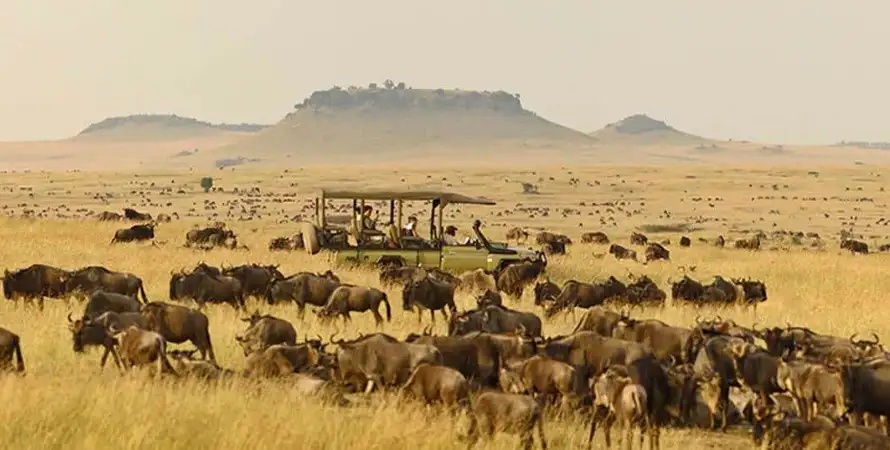
Safari Experience
A Serengeti safari is a dream come true for many travelers. To maximize your experience, consider the following tips:
Choose the Right Safari: Select a safari that suits your preferences, whether it’s a game drive, hot air balloon safari, or walking safari. Each offers a unique perspective on the park’s wildlife and landscapes.
Local Guides: Opt for experienced and knowledgeable local guides who can provide valuable insights into the park’s ecology and history.
Pack Essentials: Don’t forget essentials like binoculars, a good camera with zoom lens, sunscreen, and comfortable clothing for both warm days and chilly evenings.
Respect Wildlife: Always maintain a safe distance from the animals and follow your guide’s instructions for your safety and the animals’.
Stay Hydrated and Protected: Serengeti’s sun can be intense, so stay hydrated and wear sunscreen and a wide-brimmed hat.
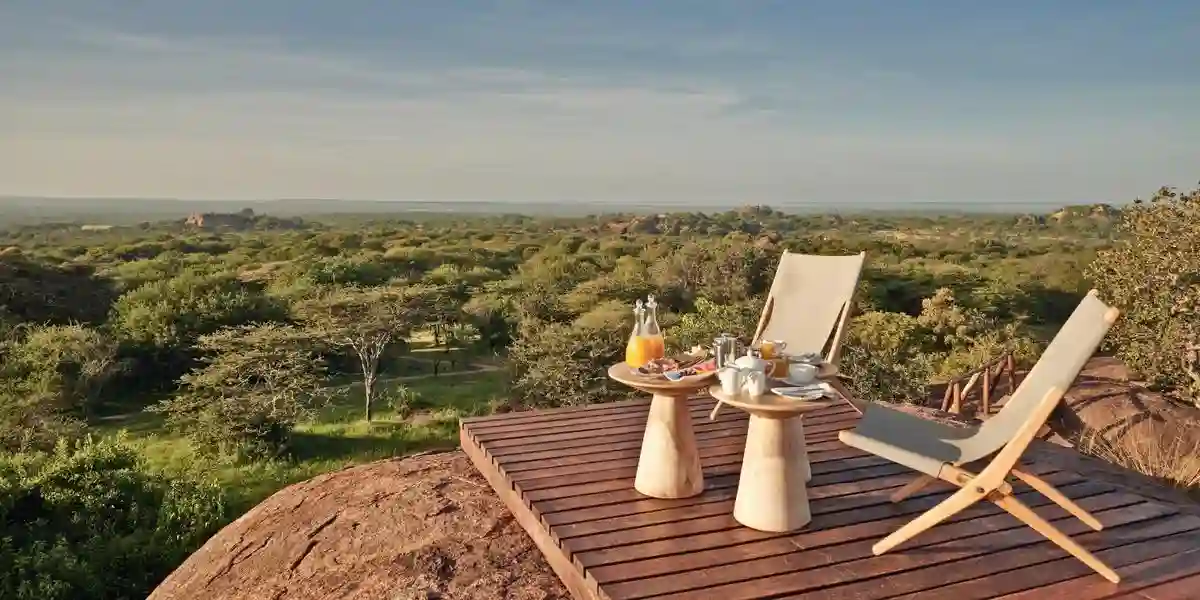
Health and Safety
Ensuring your health and safety during your Serengeti adventure is of utmost importance. Prior to your trip, consult with a travel clinic to receive vaccinations and medications recommended for Tanzania. It’s also wise to purchase comprehensive travel insurance that covers medical emergencies and trip cancellations.
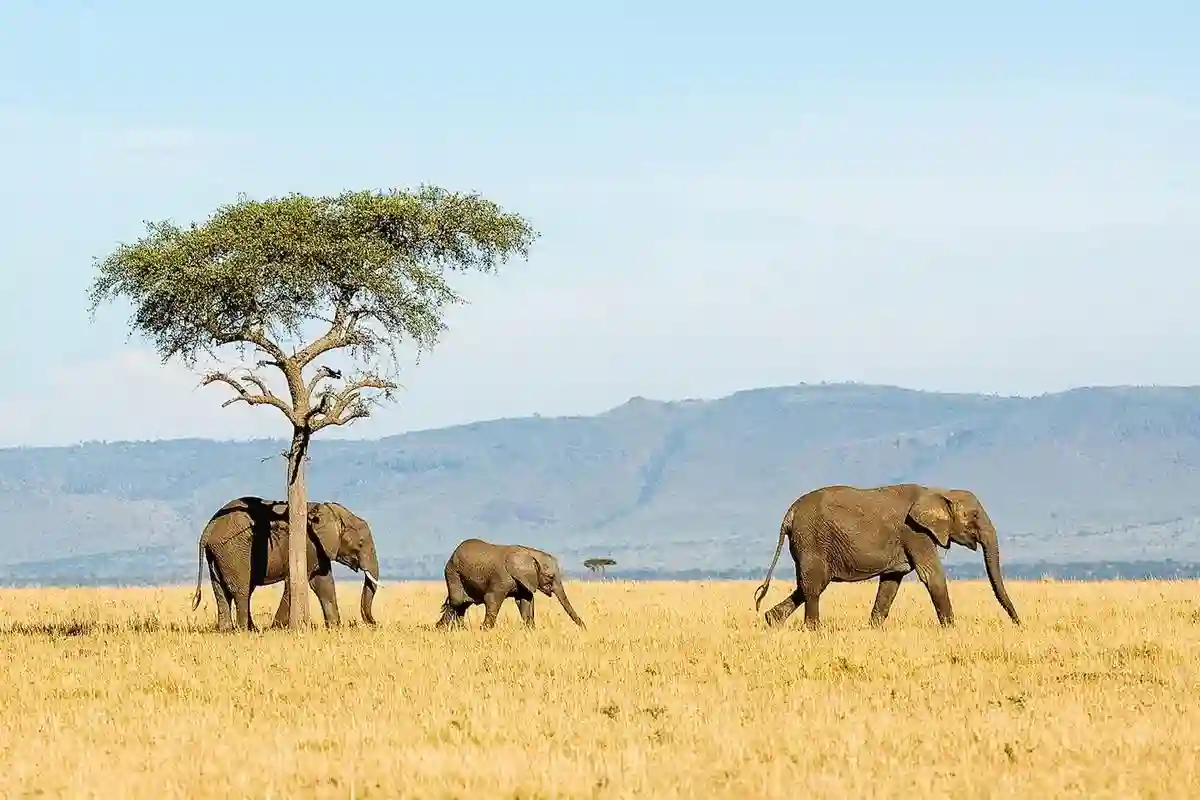
Getting to Serengeti
Flights: The closest international airport to Serengeti National Park is Kilimanjaro International Airport (JRO). From there, you can take a domestic flight to Seronera Airstrip or another nearby airstrip within the park.
Road Trips: For a more adventurous journey, you can also opt for a road trip from Arusha or other nearby cities. However, keep in mind that the roads can be rough, and a 4×4 vehicle is highly recommended.
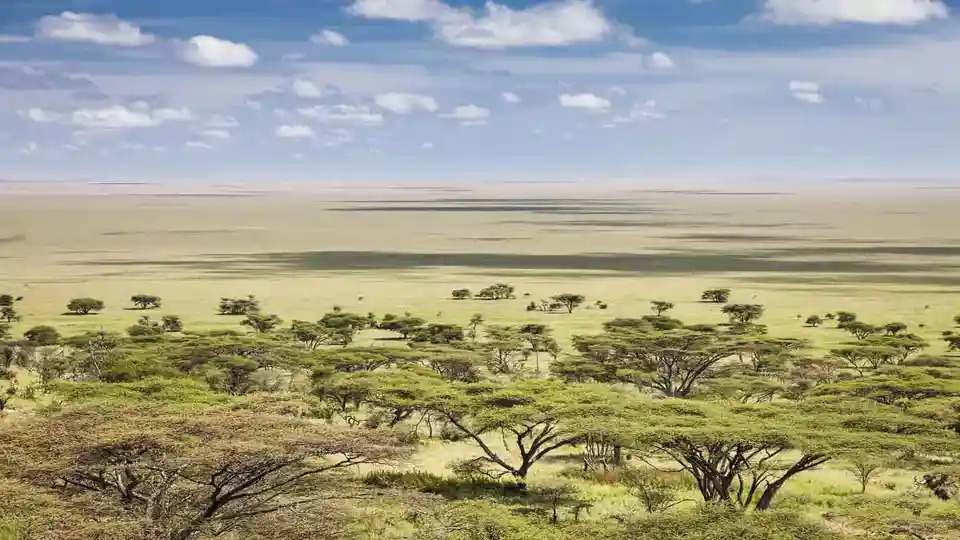
Conservation and Responsible Tourism
Leave No Trace: Follow the principle of leaving no trace. Dispose of your trash properly and avoid littering. Respect the environment and wildlife by not disturbing their natural behavior.
Support Local Communities: Consider purchasing crafts and souvenirs from local artisans and supporting community-based tourism initiatives. This helps promote sustainable tourism and benefits local economies.
Respect Cultural Practices: If you have the opportunity to interact with local tribes like the Maasai, be respectful of their customs and traditions.
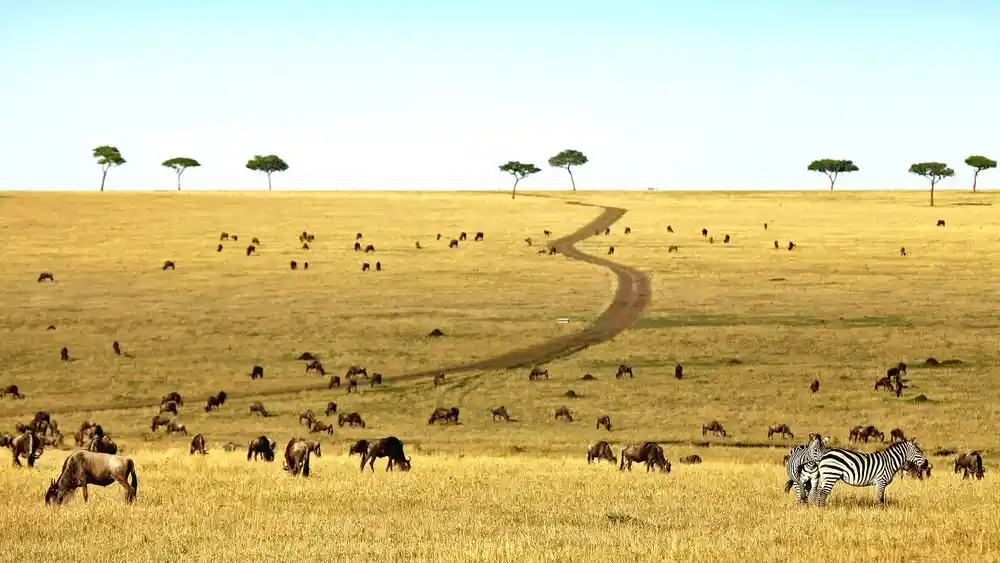
Responsible Tourism
Serengeti National Park’s delicate ecosystem requires responsible tourism practices. Respect park regulations, including litter disposal, noise levels, and staying on designated paths. Choose eco-friendly accommodations and support local communities through sustainable tourism initiatives.
Explore the Serengeti National Park like never before with our curated selection of related safaris. Witness the awe-inspiring Great Migration, track the Big Five, and immerse yourself in the untamed beauty of this iconic African wilderness. Our safaris offer a chance to experience the Serengeti’s diverse ecosystems, abundant wildlife, and breathtaking landscapes, creating memories that will last a lifetime.